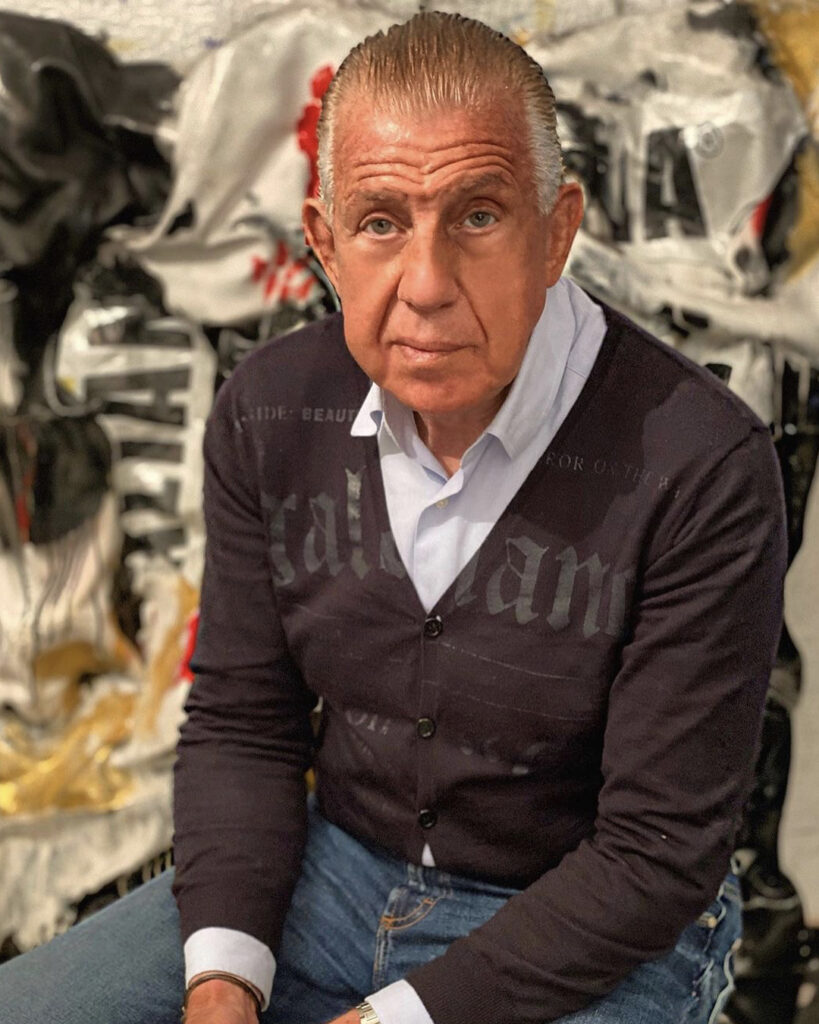
Carmelo Pluchino was born in Spinea, on the
Venice mainland, in 1946. After finishing school
he decided to pursue the artistic vocation that he
had cultivated since he was a young boy, but found
a job with a local bank for his upkeep. He began mixing with the artistic circles in Venice,
taking an active part in the debates that enlivened the creative research that the neo-
vanguard movement was carrying forward. He met and became friends with exponents of
the New Front of Arts and Spatialism and became part of the cultural clique that had
formed around Virgilio Guidi, where he renewed his friendship with Emilio Vedova and
the artists who exhibited in the Traghetto Gallery, which Gianni DeMarco had founded
and which fully supported the up and coming artists. It was Gianni De Marco himself who
first became interested in Carmelo’s work and convinced him to hold an exhibition in the
gallery, which created a great deal of interest with the emerging figures of that time.
In the meantime he had moved to Venice to live, but kept his studio in his hometown. In the
70s and 80s he received several invitations to hold exhibitions in various Italian towns,
supported by the gallery owner and art merchant Gianni De Marco, who also gave him
the chance of meeting several art collectors. He was also a frequent visitor to the
Il Cavallino Gallery, where he met representatives of the Cobra movement, who became
very important reference figures for his research, which revolved around the informal
gestural expressiveness of Vedova and the fantasy of the Cobra group.
After visiting the Biennial in 1964 where he discovered the American Pop Art artists,
his style tooka decisive turning point towards the new Pop Art trends. He had various
personal and group exhibitions in different galleries and in the 90s undertook a new
research path to try and reconcile the drive of Post Informal language with the objective
displays of popular figuration. During the next decade he met the architect and designer,
Enzo Berti, and together they put on a performance in 2004 in the Milan Furniture Exhibition.
He is a passionate collector of antique African art and after a trip to the Black Continent, he
dedicated himself to depicting the tribal peoples with a cycle of works inspired by their culture.